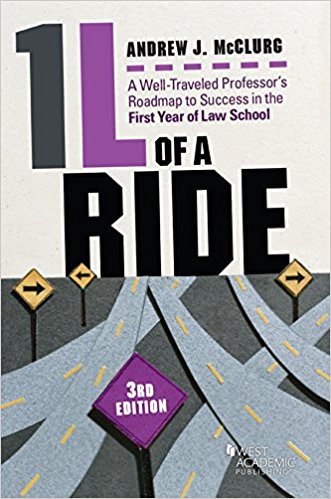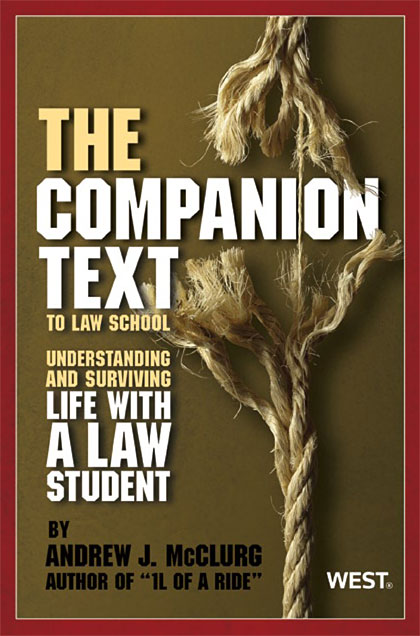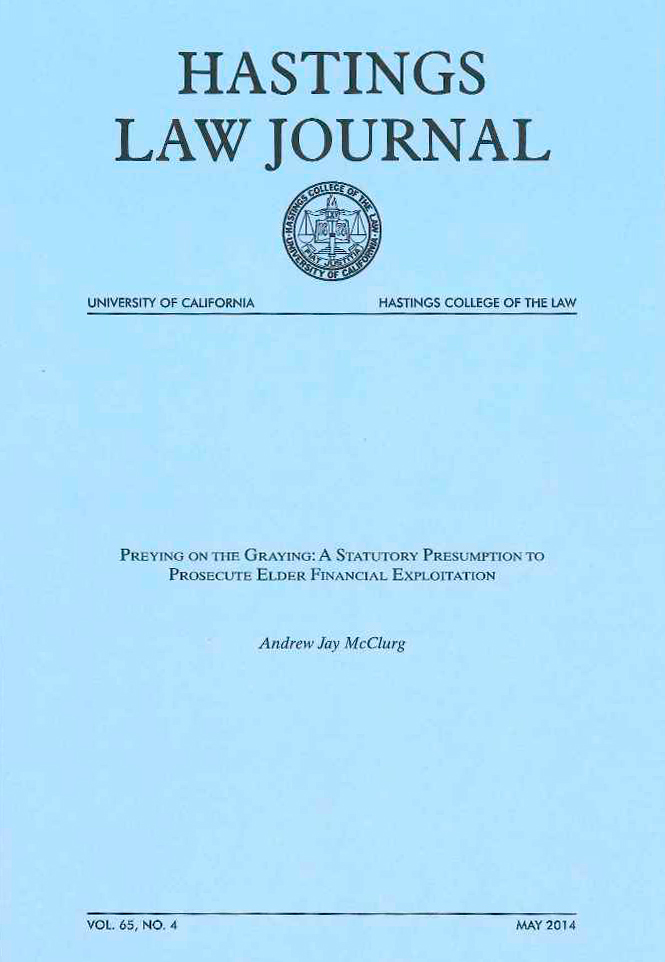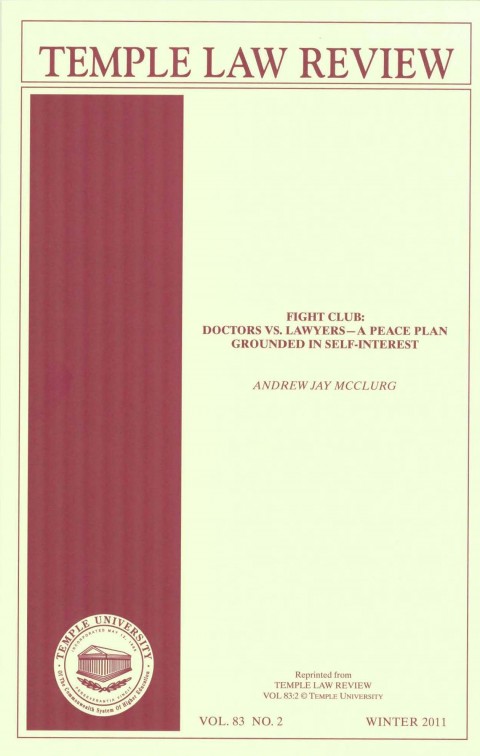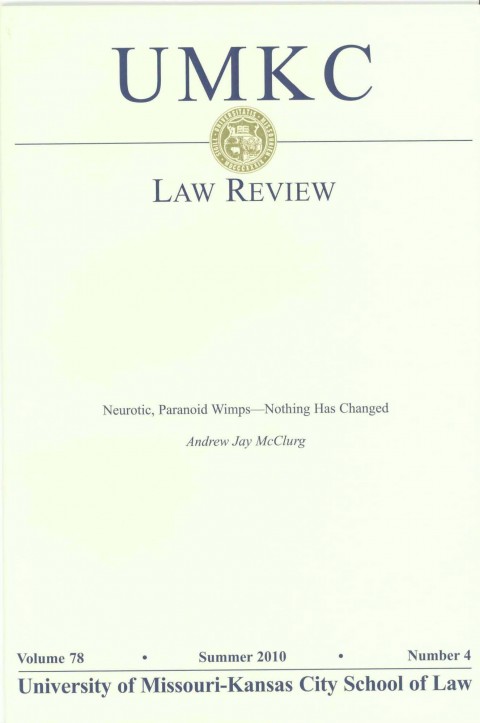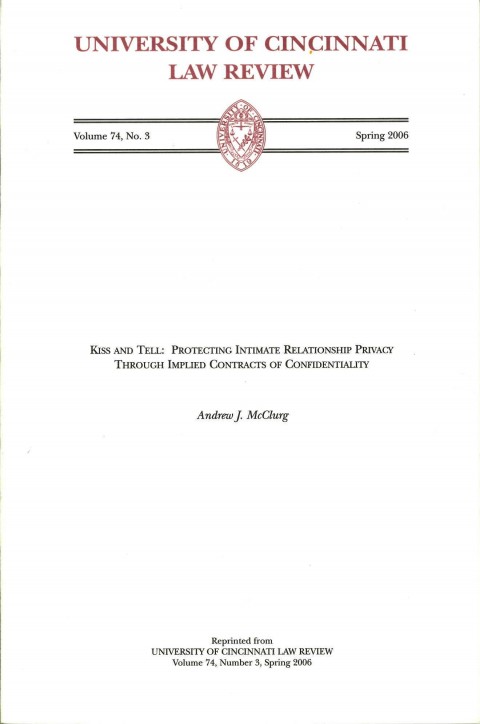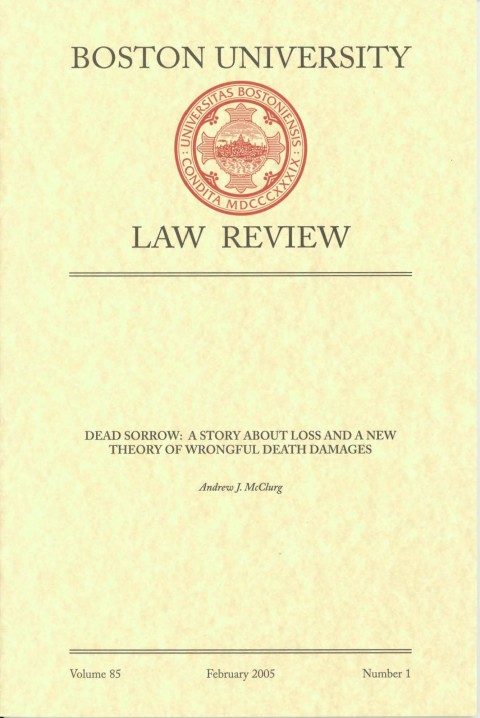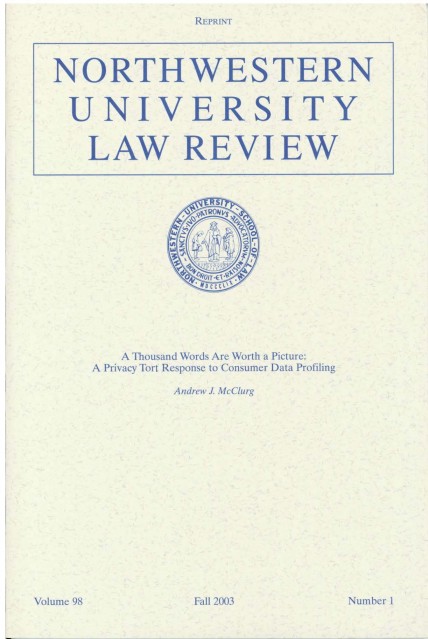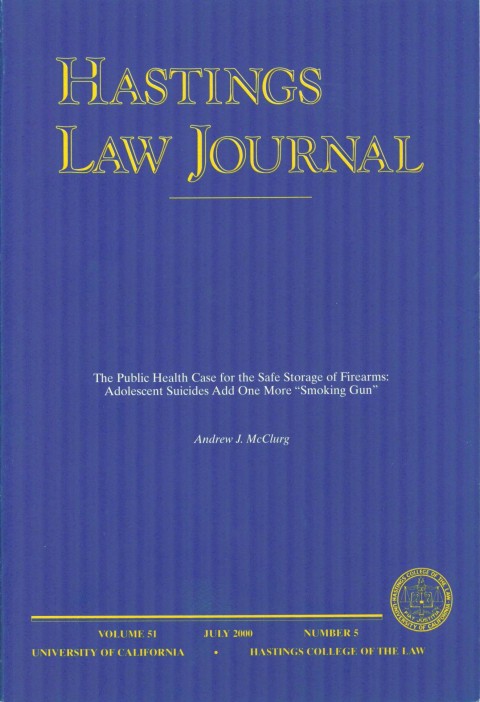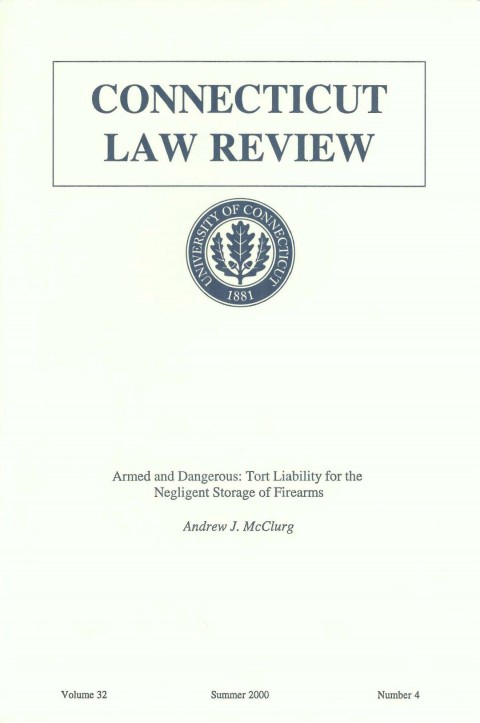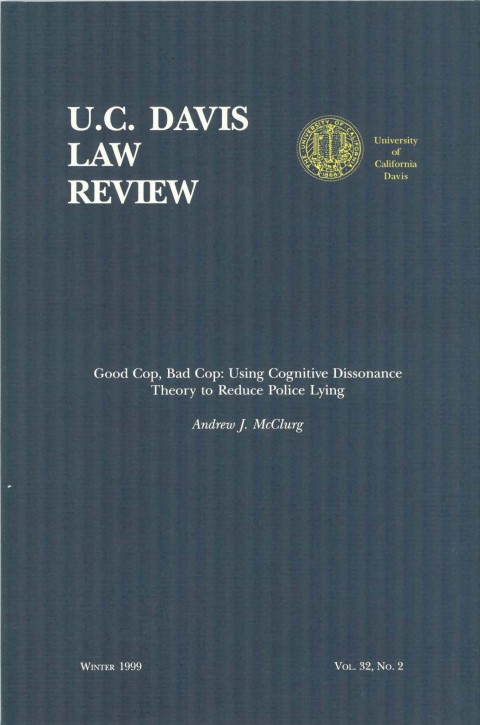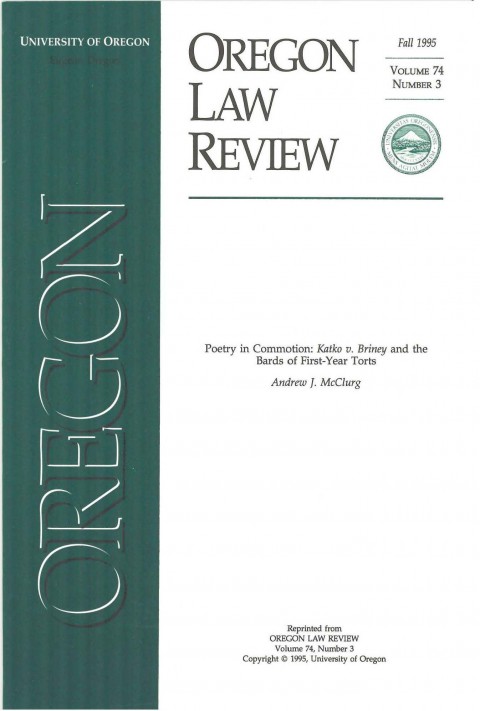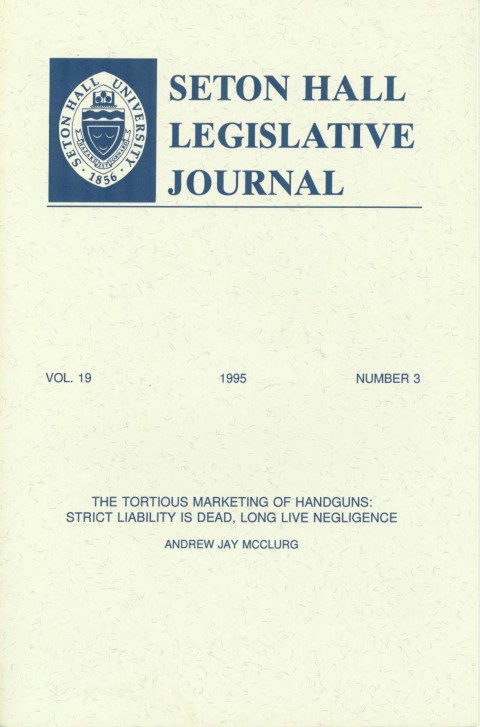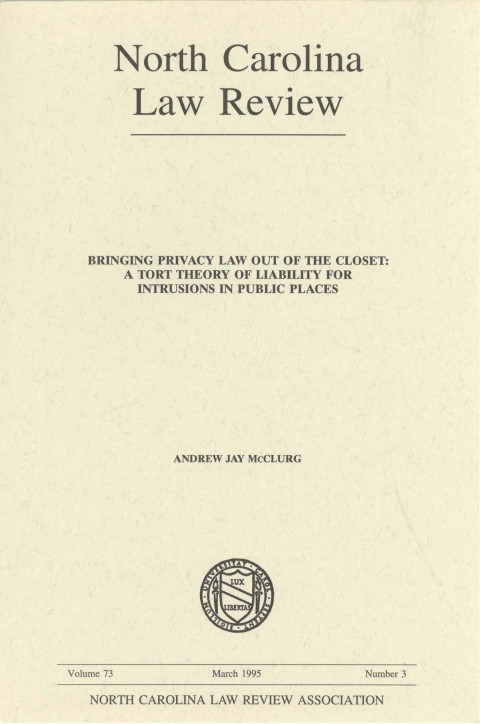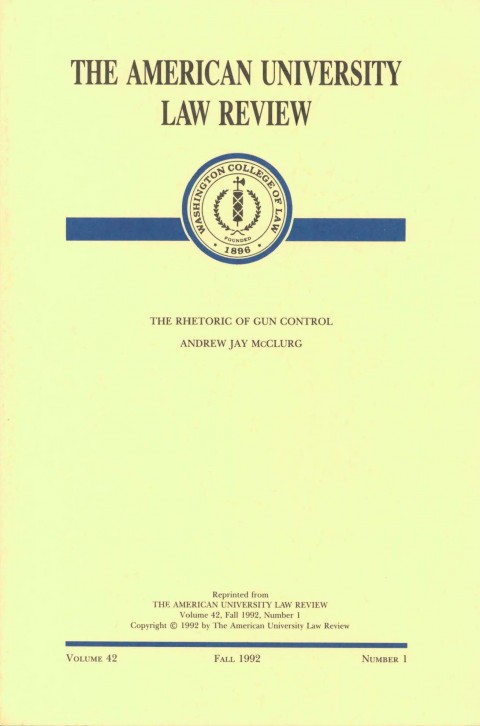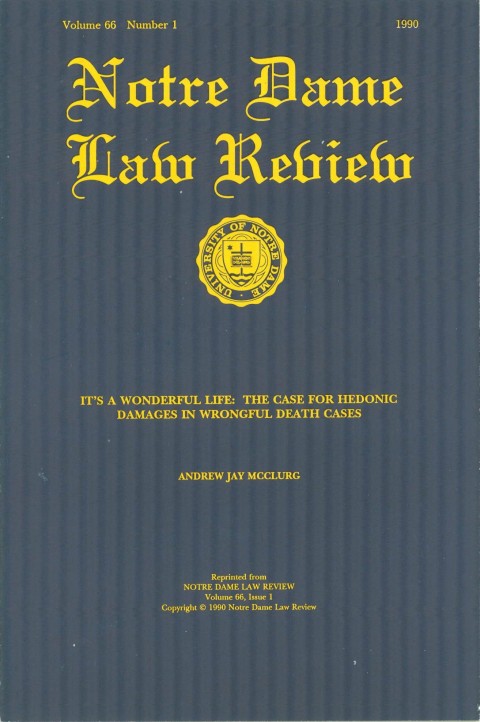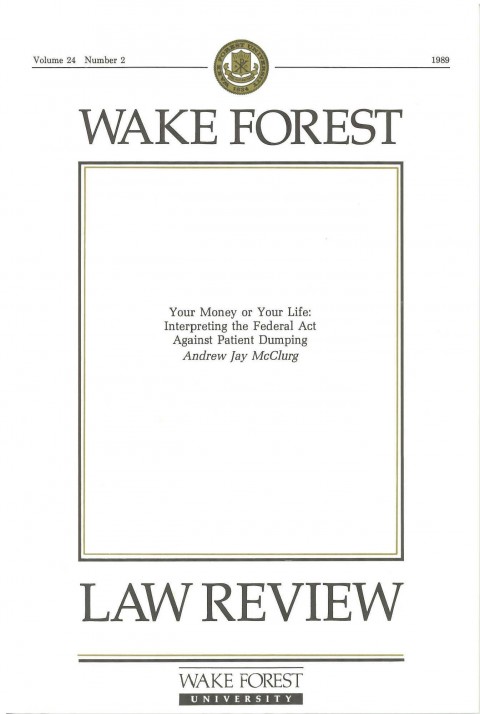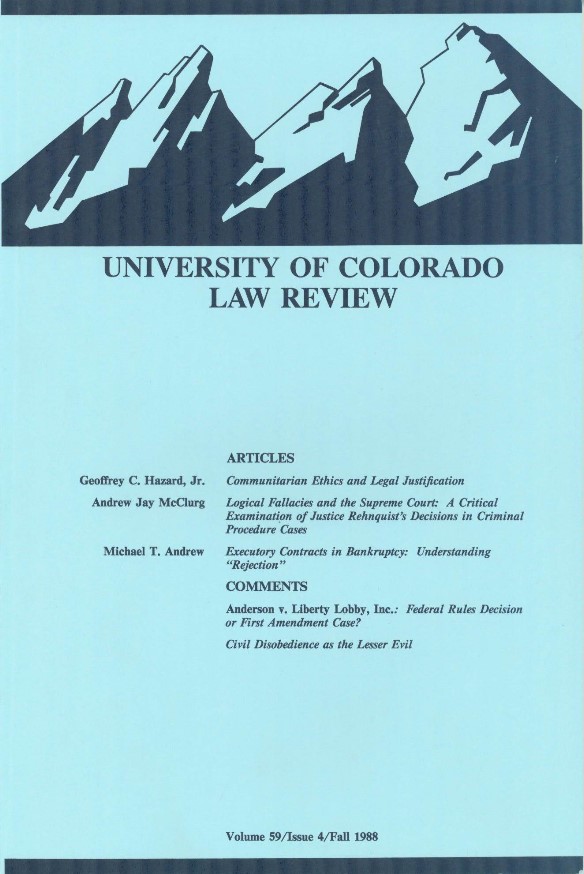April 22nd, 2023 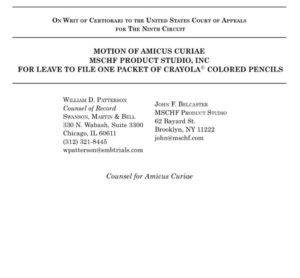 When you come across a motion to file a box of crayons in a case seeking a writ of certiorari in the U.S. Court of Appeals for the Ninth Circuit, you just have to know more. Specifically, why are the lawyers asking “FOR LEAVE TO FILE ONE PACKET OF CRAYOLA COLORED PENCILS”? When you come across a motion to file a box of crayons in a case seeking a writ of certiorari in the U.S. Court of Appeals for the Ninth Circuit, you just have to know more. Specifically, why are the lawyers asking “FOR LEAVE TO FILE ONE PACKET OF CRAYOLA COLORED PENCILS”?
(I borrowed this from the Facebook page of a former student of mine at the Florida International University College of Law.)
August 20th, 2017 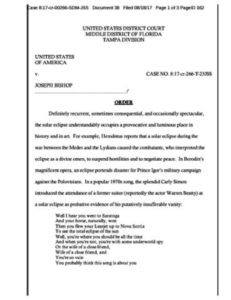 U.S. District Judge Steven “Not So” Merryday denied an Assistant U.S. Attorney’s (AUSA) motion to delay a trial because a witness employed by the Bureau of Alcohol, Tobacco, Firearms and Explosives (ATF) had prepaid for a trip to view the August 21, 2017 solar eclipse in totality. U.S. District Judge Steven “Not So” Merryday denied an Assistant U.S. Attorney’s (AUSA) motion to delay a trial because a witness employed by the Bureau of Alcohol, Tobacco, Firearms and Explosives (ATF) had prepaid for a trip to view the August 21, 2017 solar eclipse in totality.
The court reasoned that the delay would “subordinate the time and resources of the court … to one person’s aspiration to view a ‘total’ solar eclipse for no more than two minutes and forty-two seconds.”
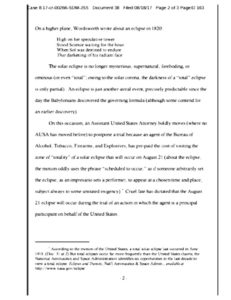 Can’t take issue with the result, but instead of just saying that, the magistrate–perhaps seeking his own two minutes and forty-two seconds of fame–penned a silly too-cute-for-words order built around Carly Simon’s 1972 hit “You’re So Vain.” Can’t take issue with the result, but instead of just saying that, the magistrate–perhaps seeking his own two minutes and forty-two seconds of fame–penned a silly too-cute-for-words order built around Carly Simon’s 1972 hit “You’re So Vain.”
You may recall that Simon’s anonymous, self-absorbed antagonist (suspected to be Warren Beatty) “flew [his] Learjet up to Nova Scotia to see the total eclipse of the sun.” (Speculation has it that Carly was referring to the 1970 total eclipse that was viewable along the East Coast of the United States).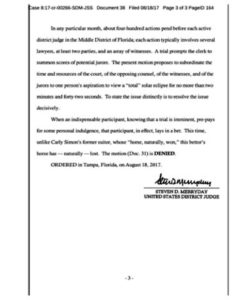
In his order denying the motion to postpone, Judge Merryday mocked the AUSA who filed the motion for “boldly mov[ing] … where no AUSA has moved before” and for “oddly” describing the eclipse “‘scheduled to occur,’ as if someone arbitrarily set the eclipse, as an impresario sets a performer to appear at a chosen time and place.”
He unnecessarily ridiculed the witness for his prepaid “personal indulgence,” again invoking the Carly Simon song, which featured this line immediately preceding “the total eclipse of the sun” line: “Well I hear you went to Saratoga, and your horse naturally won.”
When an indispensable participant, knowing that a trial is imminent, pre-pays for some personal indulgence, that participant, in effect, lays in a bet. This time, unlike Carly Simon’s former suitor, whose “horse, naturally won,” this bettor’s horse has–naturally–lost.
Meanwhile, he diminished the significance of a total solar eclipse as “just another astral event.” The rare August 21 total eclipse will be the first to travel from coast to coast within the United States in nearly 100 years.
–Order, United States v. Joseph Bishop, U.S. District Court, Middle District of Florida, Tampa Div., Case No. 8:17-cr-266-T-23JSS (Aug. 18, 2017) (Thanks to David Barman.)
May 4th, 2015 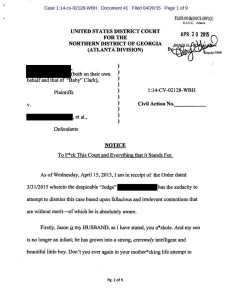 … and Everything It Stands For. … and Everything It Stands For.
As bad as the title to this motion is, the content is even worse. I’m sure you can find the entire motion somewhere online, but Lawhaha.com, as we know, is a family friendly website.
Gee, I wonder if the motion was granted.
November 25th, 2014  Justice Stephen Breyer Ryan A. Malphurs conducted an interesting study of laughter in proceedings before the U.S. Supreme Court, following up on the work of Jerry Wexler for the New York Times. His entire article is must-reading for fans of legal humor, but this attention-grabbing opening excerpt from an oral argument in Safford Unified School District v. Redding certainly stands out:
Justice Breyer: In my experience when I was 8 or 10 or 12 years old, we did take our clothes off once a day, we changed for gym, okay? And in my experience, too, people did sometime stick things in my underwear–
(Laughter.)
Justice Breyer: Or not my underwear. Whatever. Whatever. I was the one who did it? I don’t know.
Studying all notations of “(Laughter)” appearing in the Court’s oral argument transcripts during the 2006-2007 term, Malphurs found 131 instances of ha-ha outbursts.
–Ryan A. Malphurs, “People Did Sometimes Stick Things in my Underwear”: The Function of Laughter at the U.S. Supreme Court, 10 Communication L. Rev. 48 (2010).
November 4th, 2014 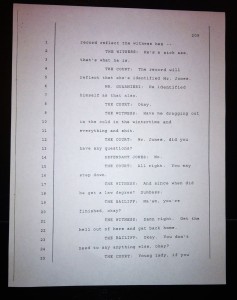 A fleeing bank robber made the mistake of seeking refuge in his 94-year-old great-grandmother’s home with pursuers hot on his trail. When the police arrived, the only ones present were the accused and great-grandma. At trial, the defendant, Mr. Jones, elected to represent himself, never a good idea. A fleeing bank robber made the mistake of seeking refuge in his 94-year-old great-grandmother’s home with pursuers hot on his trail. When the police arrived, the only ones present were the accused and great-grandma. At trial, the defendant, Mr. Jones, elected to represent himself, never a good idea.
The prosecution called his great-grandma as a witness. To say she wasn’t happy about the proceedings and, in particular, the conduct of her great-grandson would understate her disenchantment with sitting in the witness box.
We’ll let her explain. Here’s the text of page 209 of the trial transcript shown in the photo, where she concludes her testimony:
THE WITNESS: He’s a sick ass, that’s what he is.
THE COURT: The record will reflect that she’s identified Mr. Jones.
…
THE WITNESS: Have me dragging out in the cold in the wintertime and everything and shit.
THE COURT: Mr. Jones, did you have any questions?
DEFENDANT JONES (the great-grandson): No.
THE COURT: All right. You may step down.
THE WITNESS: And since when did he get a law degree? Dumbass.
THE BAILIFF: Ma’am, you’re finished, okay?
THE WITNESS: Damn right. Get the hell out of here and get back home.
THE BAILIFF: Okay, you don’t need to say anything else, okay?
Law degree or not, give the great-grandson credit for the smart strategy decision not to cross-examine. Small wonder the prosecutor described the great-grandmother as “one of the most entertaining witnesses this writer has ever encountered” in the state’s appellate brief.
— Trial Transcript, State of Ohio v. Jones, Case No. 2014CA-00051, at 209 (Ohio 5th Ct. App.). Thanks to Laura Ozak.
November 3rd, 2013  Franklin, TN Lawyer Drew Justice, aka Captain Justice This story has made the rounds but is worth repeating here if for no reason other than many of my current and former law students at the University of Memphis claim an association with Franklin, Tennessee lawyer Drew Justice, aka Captain Justice.
In a criminal case in which Mr. Justice represents the defendant, the government filed a motion in limine to prohibit the defense from referring to the prosecution as “the government,” asserting it was prejudicial. Justice replied that such a ban would violate the first amendment, but went on to argue, that should the court agree with the government, er, the prosecution, what’s good for the goose should be good for the gander:
Should this Court disagree, and feel inclined to let the parties basically pick their own designations and ban words, then the defense has a few additional suggestions for amending the speech code. First, the Defendant no longer wants to be called “the Defendant.” This rather archaic term of art, obviously has a fairly negative connotation. It unfairly demeans, and dehumanizes Mr. Donald Powell. The word “defendant” should be banned. At trial, Mr. Powell hereby demands be addressed only by his full name, preceded by the title “Mister.” Alternatively, he may be called simply “the Citizen Accused.” This latter title sounds more respectable than the criminal “Defendant.” The designation “That innocent man” would also be acceptable.
Moreover, defense counsel does not wish to be referred to as a “lawyer,” or a “defense attorney.” Those terms are substantially more prejudicial than probative. See Tenn. R. Evid. 403. Rather, counsel for the Citizen Accused should be referred to primarily as the “Defender of the Innocent.” This title seems particularly appropriate, because every Citizen Accused is presumed innocent. Alternatively, counsel would also accept the designation “Guardian of the Realm.”
Further, the Citizen Accused humbly requests an appropriate military title for his own representative, to match that of the opposing counsel. Whenever addressed by name, the name “Captain Justice” will be appropriate. While less impressive than “General,” still, the more humble term seems suitable. After all, the Captain represents only a Citizen Accused, whereas the General represents an entire State.
Along these same lines, even the term “defense” does not sound very likeable. The whole idea of being defensive, comes across to most people as suspicious. So to prevent the jury from being unfairly misled by this ancient English terminology, the opposition to the Plaintiff hereby names itself “the Resistance.” Obviously, this terminology need only extend throughout the duration of the trial — not to any pre-trial motions. During its heroic struggle against the State, the Resistance goes on the attack, not just the defense.
WHEREFORE, Captain Justice, Guardian of the Realm and Leader of the Resistance, primarily asks that the Court deny the State’s motion, as lacking legal basis. Alternatively, the Citizen Accused moves for an order in limine modifying the speech code as aforementioned, and requiring any other euphemisms and feel-good terms as the Court finds appropriate.
Great stuff!
—Captain Justice Responds to Government’s Motion to Not Be Called the Government, Tennessee v. Powell, Case No. I-CR-086639-B (Cir. Ct., Williamson County, Tenn., undated).
September 5th, 2012 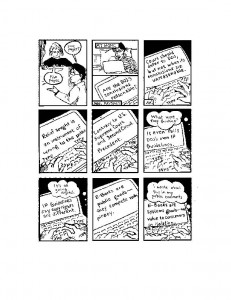 Thanks to Lawahaha.com friend Bob Van Voris of Bloomberg News for sending along a true first: an amicus brief filed in a complex intellectual property dispute in the U.S. District Court for the Southern District of New York comprising only comic strip panels. Thanks to Lawahaha.com friend Bob Van Voris of Bloomberg News for sending along a true first: an amicus brief filed in a complex intellectual property dispute in the U.S. District Court for the Southern District of New York comprising only comic strip panels.
(You can get a taste by clicking on the expandable thumbnail, but this gem deserves to be read in full.)
Limited by the court to filing a brief of five pages, Bob Kohn took out his frustration by deciding to simplify the complex arguments in comic book form.
The brief is made up largely of a cartoon-bubble conversation between a man and woman (Kohn and his daughter, according to other sources) in which the man starts out struggling “to explain why supply & demand does not operate normally in the pricing of e-books.” Fortunately–because remember he only has five pages–the woman catches on very quickly, becoming an instant expert in federal antitrust law.
Even so, and despite Kohn’s valiant, creative efforts, his principal concern proved accurate: it’s hard to articulate complex antitrust arguments such as horizontal, predatory and marginal pricing in five pages, regardless of the expression-medium. Maybe he should have just borrowed from Charles Schulz and expressed a simple “Good grief!”
The comic book/federal appellate brief ends with this colloquy:
“You should have been a lawyer,” says the male character.
“Nope. Not for me.”
“Why not?”
“I’m a novelist and it’s impossible to tell a complex story in only five pages.”
Excellent try though. Even if Kohn’s side loses, not all is lost. Maybe Marvel Comics will pick up the tale and create a new series, “Amici Man.”
More details about the underlying case and Kohn’s motivations can be found in this ABA Journal article.
Brief of Bob Kohn as Amicus Curiae, U.S. v. Apple, Inc., Civ. Action No. 12-CV-2826 (DLC), S.D.N.Y., Sept. 4, 2012. Thanks to Bob Van Voris.
April 18th, 2012 A judge friend sent me this handwritten Texas divorce petition, apparently filed back in 1985 by a Texas lawyer proceeding pro se. It’s one of those hand-scrawled pleadings that, at first blush, looks like it was written by an inmate or perhaps a crazy person; however, closer examination shows the writing to be quite clever and amusing in places. And the drawings are priceless.
The petitioner seems uncertain of where his heart lies, as he alternates between insulting the wife and telling the court how much he loves her.
Read the original to appreciate it, but here are some re-typed uncorrected highlights (the respondent’s name and petitioner’s address are redacted on both the copy of the original pleading and below):
I.
This suit is brought by PAUL FRANK HENSLER, Petitioner who is Forty Six (46) years of age and who resides at XXXX.
Respondent, XXXX, is a “Transient Person,” having her residence in a 1970 Chrysler. …
IV.
These parties were joined together in Holy Matrimony by the Very Honorable Frances Porter, JUSTICE OF THE PEACE in Lampasus, Lampasas County, Texas on the 29th Day of March, in the year of our Lord, A.D. 1983. They ceased living together as husband and wife on Monday January 21, 1984, when she got pissed off and hauled ass with the car, the Mastercard, $365.00 cash, her FEDERAL CIVIL RIGHTS NINE YEAR OLD EMPLOYMENT DISCRIMINATION CASE …, to which she is WELCOME, having BORED ME STIFF for 2 years about just how everybody picks on XXXX.
IV.
This marriage has become very insupportable because of, ho-hum, conflict of personalities between Petitioner and Respondent, but chiefly because of conflict of personalities between Respondent and Respondent that destroyed the legitimate ends of the marriage (good sex!) and prevents any reasonable expectation of reconciliation (unless she consents to having her mouth surgically closed).
V.
There is no child born or adopted of this marriage although Petitioner swears on oath that he did everything he could to KNOCK HER UP, but she isn’t pregnant and won’t have another CHILD, although Petitioner LOVES HER DEARLY and wants her to have his children, but she is LIBERATED now and “Feminists” don’t have children by “male chauvinist pig lawyers,” she so swears.
VI.
Petitioner requests the Court to divide the estate of the parties by awarding their property to the party having POSSESION (in a legal sense, not the kind of “possession” by spirits you see in movies, although XXXX could pass muster for a stand-in for “Syble” or the girl in “The Exorcist.”)
VII.
Petitioner, Paul Frank Hensler prays that CITATION and NOTICE issue as required by LAW and that the Court GRANT A DIVORCE and decree such other and further relief as requested herein, including changing Respondent’s name to BELLA ABZUG, JR. for costs of suit and for (see drawings of trumpet and drum roll).
Stand back, its almost here – Ed McMahon on stage now — HEEEER’ES General Relief (see drawing of Rolaids man).
–Petition for Divorce, Hensler v. [Name redacted], Case No. 85-04521, Dist. Ct., Harris Cty, TX, Jan. 23, 1985.
February 7th, 2012  A former student sent along the complaint below, which a friend of his suggested might be “the new Palsgraf for our generation.” Hmm, this might not be a good generational sign given the allegations. A former student sent along the complaint below, which a friend of his suggested might be “the new Palsgraf for our generation.” Hmm, this might not be a good generational sign given the allegations.
For non-legals, Palsgraf v. Long Island Railroad is a famous tort law case all law students read involving a bizarre accident at a train station, where the court ruled that a tort defendant owes a legal duty to act with reasonable care to another only if the other is a reasonably foreseeable victim of the defendant’s conduct. More Lawhaha.com posts involving Palsgraf are here, here, here, and here.
A national Greek fraternity, Alpha Tau Omega, apparently held a “house party” at their frat house at a West Virginia university. The complaint alleges that many of the participants consumed intoxicating beverages. No surprise so far. But one of the guests surprised at least one person (the plaintiff, allegedly) when he decided to light up–literally–the party by shooting bottle rockets from … er, I’d rather let the Complaint explain it:
Warning: Allegations are Disgusting
8. Defendant Hughes was highly intoxicated on this date and time, and decided in his drunken stupor that it would be a good idea to shoot bottle rockets out of his anus on the ATO deck, located on the back of the ATO house.
9. Upon information and belief, there were several other ATO fraternity members on the deck at the time of this incident, including one or more officers of the fraternity. Plaintiff and his girlfriend were also present on the ATO deck.
10. Defendant Hughes placed a bottle rocket in his anus, ignited the fuse, but instead of launching, the bottle rocket blew up in Defendant’s rectum, and this startled plaintiff and caused him to jump back, at which time he fell off of the ATO deck, and he became lodged between the deck and an air conditioner unit adjacent to the deck.
11. There was no railing on said deck at the time of the incident. Upon information and belief, the lack of a railing had existed for at least several months, if not years, before the incident. Upon further information and belief, the deck never had a railing when it was installed, or any time thereafter. The subject deck was approximately 3-4 feet high.
12. The subject deck was in the exclusive custody, maintenance and control of the ATO fraternity at all times relevant hereto.
Here’s your Palsgraf test: Was the plaintiff within the zone of foreseeable danger of the bottle rocket-defendant’s alleged conduct? Probably, although perhaps with some contributory negligence thrown in. Assuming the plaintiff was standing close by he could have been injured in any number of ways from someone setting off fireworks in such a dangerous, uncontrolled manner.
The more interesting question is the fraterity’s liability. Was it foreseeable to the fraternity that an intoxicated fraternity member would ignite fireworks in such a bizarre manner and cause a startled bystander to fall off the deck? Probably not, but it is foreseeable that during social or other gatherings on a deck with no railing (which the complaint alleges violated building codes, likely making it negligence per se) someone would fall off it. Generally speaking, the precise manner in which the harm occurred need not be foreseeable so long as the same general kind of harm was foreseeable. The injury that occurred–falling off the deck-is the risk that makes it negligent to not have a railing on a raised deck.
Just an off-the-cuff analysis of the facts as alleged. As always, it will come down to the facts as proved–or, more likely, to a settlement.
—Complaint, Helmburg v. Alpha Tau Omega Fraternity, Case No. 12-C-57, Circuit Ct., Cabell County, West Va., filed Jan. 23, 2012.
January 11th, 2012 It’s almost impossible to imagine a case that sounds more boring than “In re: Chinese-Manufactured Drywall Products Liability Litigation.” In this multidistrict potboiler, the judge stayed an insurance coverage action, apparently hoping to facilitate a global settlement.
Unfortunately, nothing was moving forward, prompting the Trust to ask the court to lift the stay to get things moving. Counsel didn’t take any chances that the court might miss her point, punching up her memorandum in support of the motion to lift the stay with a dramatic journalistic touch:
Since this Court stayed the insurance coverage action ten months ago last March, no global mediation of the insurance coverage action has been held.
There is no global mediation of the insurance coverage action scheduled.
There is no global mediation of the insurance coverage action being set up.
No date. No location. No notification of participants. No contact of all global insurance coverage participants. Silence.
Since the Court stayed this insurance coverage action, policyholders have been left in a purgatory in the insurance coverage action with no action advancing a global resolution of the insurance coverage action whatsoever.
I can’t wait to see how this litigation ends … er, if it ends.
—Chinese Drywall Litigation Memorandum, MDL 2047, E.D. La., Jan. 10, 2012. Thanks to Andrei Bogos.
November 28th, 2011  Special thanks to Senior Judge James Barlow, from San Antonio for all the classic stuff he has sent to Lawahah.com. Here’s a distinguished jurist who not only appreciates a good laugh, but possesses a lifetime collection of legal humor treasure. He’s sent along a lot of gems not available elsewhere. Here’s an interesting one: Special thanks to Senior Judge James Barlow, from San Antonio for all the classic stuff he has sent to Lawahah.com. Here’s a distinguished jurist who not only appreciates a good laugh, but possesses a lifetime collection of legal humor treasure. He’s sent along a lot of gems not available elsewhere. Here’s an interesting one:
Apparently because he was the only person in the family with a driver’s license, a man (a lawyer, apparently) was ordered by a Giles County, TN, chancery court to shuttle two kids of divorced parents back and forth during periods of visitation.
But the involuntary driver–“intervenor” in the pleading below–filed a petition to relieve him from the transportation duties in the best interests of the children on that basis that “Friday afternoon by 1700 hours, and particularly on Sundy [sic] by the same time, your intervenor, generally has consumed three or more beers,” and that, as a consequence, he will “register .15 or higher on any cop’s ‘Get’m’ scale.” (The copy of the petition bears the clerk’s file stamp (May 13, 2002), and appears to be authentic.)
Further, he said he didn’t know how to operate child seats or the seatbelts in his “pickity-up truck.” Children, he asserted, should not be subjected to such danger.
Whether or not you sympathize with the intervenor, it’s hard to deny his sincerity (original typos left in):
IN THE MATTER OF WHITE VS. WHITE
IN GILES CHANCERY
NO. 2196
INTERVENING PETITION
Comes the petitioner, Wm. Travis Gobble, who professes to be greatly aggrieved by the order of this court … whereby your intervenor was ordered to provide transportation for Suzanna and ‘Log-Jam’ White, minor children of Derrell and Chrysty White, during periods of visitation between the said parties, in the following particulars:
1. Your intervenor is the only damn one in the family with drivers licenses.
2. He should not be required to risk losing his.
3. On Friday afternoon by 1700 hours, and particularly on Sundy by the same time, your intervenor, generally has consumed three or more beers.
4. Three, or more, beers according to all the clients your intervenor has represented causes a driver to register .15 or higher on any cop’s “Get’m” scale.
5. According to MADD mothers, any driver who has consumed three beers, whatever he registers, is drunk and a menace to society.
6. Small children should not be subjected to such danger.
7. In addition thereto, your intervenor drives a small pickity-up truck with only two seat belts, neither of which he can make operable.
8. The two children are of such a size that both must be bundled inside a device resembling and over-sized football helmet. Your intervenor has tried, but has been unable to date, to secure said children into such a device.
9. In any event, he, two children and a fourth person would crowd his little truck.
10. In the event your intervenor elected to have a fourth, or a fifth beer enroute [sic] ith said kids, he would have no place to sit said cans and would have to drive one-handed.
11. The kids themselves would be a further distraction.
12. A distracted driver is a dangerous driver.
13. Without a fourth person to assist him, should minor children commence to cry, a common occurance [sic], your intervenor would surely drop his beer and wreck.
…
16. As the common carrier, your intervenor would be trown into regular contact with both parents and subjected to all the
allegations hurled from both sides. Your intervenor is too old to suffer such.
FOR ALL OF WHICH Wm. Travis Cobble respectfully moves this Honorable Court to assign said duties to some other caring soul.
— In the Matter of White v. White, Giles County, Tennessee, Chancery Court, No. 2196, filed May 13, 2002. Thanks to Senior Judge James Barlow.
November 24th, 2011 A defendant, probably in a divorce case, lost it when asked to state his name for the record in answer to the first question of a deposition.
The deposition started out like this:
BY MS. WATSON
Q. State your name.
A. You know it.
MR. DORSEY: Answer the question.
THE WITNESS: Five f****** years and that’s the first thing–
Things went downhill swifly after that. Above the Law has the full story and complete two-page deposition.
November 23rd, 2011  A Texas lawyer is a big fan of the Texas Rangers baseball team. Make that a HUGE fan. So huge that he filed an “emergency motion for continuance” of a pretrial conference in a case that conflicted with Game 1 of the 2010 World Series between the Rangers and the San Francisco Giants. Here’s some of what he said: A Texas lawyer is a big fan of the Texas Rangers baseball team. Make that a HUGE fan. So huge that he filed an “emergency motion for continuance” of a pretrial conference in a case that conflicted with Game 1 of the 2010 World Series between the Rangers and the San Francisco Giants. Here’s some of what he said:
1. The lawyer in charge of this matter for the defendant is Darrell W. Cook (hereinafter referred to as Darrell).
2. Since 1972, when Darrell was but a lad of thirteen, he has been a fan of the Texas Rangers Baseball Club (hereinafter referred to as “Rangers”)
3. As such he has developed a love of the Rangers that has gone generally unrequited for thirty-eight (38) years.
4. Darrell has been to more games than he can possibly recall, has been a season ticket holder in one form or another for over ten (l0) years and has either listened to or watched all or parts of thousands of baseball games played by the Rangers.
5. Everything between Darrell and the Rangers was business as usual this year:
a. Josh Hamilton was discovered drunken and covered in whip cream;
b. Ron Washington was discovered to have ingested a “controlled substance” during the 2009 All-Star break;
c. The top two starters for the Rangers at the beginning of the season, Rich Harden and Scott Feldman, looked like they were completely unfamiliar with the tasks assigned to them and made a mockery of their roles as leaders of the pitching staff; and
d. The team declared bankruptcy and was sold via an auction more befitting a used Buick than a major league baseball team.
6. So, when this setting was received Darrell was convinced he would be in attendance as it was unimaginable that anything the Rangers could do would interfere with such setting.
7. Then suddenly and without warning the Rangers began a steady march toward credibility. …
8. Thereafter the unthinkable occurred ….
The unthinkable, of course, was that the Rangers made it to the World Series. He concluded his motion by noting that “[t]he continuance is not sought merely for delay alone, but so that justice may be done.”
No denying the lawyer’s sincerity. I hope he got to go to the game.
— Emergency Motion for Continuance, City of Irving v. Villas of Irving, Ltd, Case No. T-01398471 01, Municipal Court, City of Irving, Texas, Oct. 25, 2010. Thanks to Thomas Samuel.
October 16th, 2011  Lawyers at work? A Montana criminal defense lawyer filed a motion for the court to order a fist fight between the defense team and the prosecutors in a case in which the lawyer’s client allegedly killed someone who was bullying him or his friend or both.
The motion is not exactly a model of clarity, but the lawyer apparently was trying to make the point that, in prosecuting his client for killing in apparent self-defense while being attacked with fists, the state was condoning fist fights. Here’s how the motion starts out:
COMES NOW counsel for Defendant, through his [sic] and respectfully requests this Court to Order a fist fight between Shaun Donovan and John Connor on one sided [sic] and Kirk Krutilla and Bill Buzzell on the other side.”
The lawyer then argues that the prosecutors had taken the position that it was “perfectly right, legal and moral” for the deceased to have attacked the defendant and states that the defense team would love to give Donovan and Conner a chance to stand up for the principle they stand for; i.e. the brutal humiliation and beating up of weaker human beings is the most cherished principle in life. Therefore, the defense moves that before the hearing April 17, 2006 that the state be given a chance on what they cherish in a resolution of dispute and that there be a fist fight [between the prosecutors and the defense lawyers].
Not surprisingly, the prosecutors took issue with the defense’s characterization of the state’s position in the State of Montana’s Response to ‘Motion for Fist Fight,’ and requested “that the Court deny the same.”
The prosecutors insisted they were not standing up for a legal and moral right to beat up people. Instead, “the State has asserted from the outset that the infliction of thirteen lethal stab wounds on an unarmed aggressor by [the defendant and his friend]” was an excessive use of force in self defense.
The prosecutors argued the defendant’s motion was “ill conceived” and that humor should not extend to filed court pleadings in a case which has lead to the death of one young man, serious and possibly permanent injury to others and the specter of long imprisonment and community strife for others.
After condemning the defense lawyer’s motion, the prosecutors puffed up and essentially insisted they could kick the defense lawyers’ butts if the proposed fight were to ensue, or as they put it in a more lawyerly fashion, they were “confident they could acquit themselves respectably if it were necessary to settle any part of this matter by means of a physical contest.”
— Motion for Fist Fight, Montana v. Mauher, Case No. D2005-8, Mont. 4th Judicial Dist. Ct., Mineral County, filed Mar. 27, 2006. Thanks to Donna Mustard.
|
Funny Law School Stories
For all its terror and tedium, law school can be a hilarious place. Everyone has a funny law school story. What’s your story?
|
Product Warning Labels
A variety of warning labels, some good, some silly and some just really odd. If you come encounter a funny or interesting product warning label, please send it along.
|
Tortland

Tortland collects interesting tort cases, warning labels, and photos of potential torts. Raise risk awareness. Play "Spot the Tort." |
Weird Patents
Think it’s really hard to get a patent? Think again.
|
Legal Oddities
From the simply curious to the downright bizarre, a collection of amusing law-related artifacts.
|
Spot the Tort
Have fun and make the world a safer place. Send in pictures of dangerous conditions you stumble upon (figuratively only, we hope) out there in Tortland.
|
Legal Education
Collecting any and all amusing tidbits related to legal education.
|
Harmless Error
McClurg's twisted legal humor column ran for more than four years
in the American Bar Association Journal.
|
|
|
 When you come across a motion to file a box of crayons in a case seeking a writ of certiorari in the U.S. Court of Appeals for the Ninth Circuit, you just have to know more. Specifically, why are the lawyers asking “FOR LEAVE TO FILE ONE PACKET OF CRAYOLA COLORED PENCILS”?
When you come across a motion to file a box of crayons in a case seeking a writ of certiorari in the U.S. Court of Appeals for the Ninth Circuit, you just have to know more. Specifically, why are the lawyers asking “FOR LEAVE TO FILE ONE PACKET OF CRAYOLA COLORED PENCILS”?
 Can’t take issue with the result, but instead of just saying that, the magistrate–perhaps seeking his own two minutes and forty-two seconds of fame–penned a silly too-cute-for-words order built around Carly Simon’s 1972 hit “You’re So Vain.”
Can’t take issue with the result, but instead of just saying that, the magistrate–perhaps seeking his own two minutes and forty-two seconds of fame–penned a silly too-cute-for-words order built around Carly Simon’s 1972 hit “You’re So Vain.”











